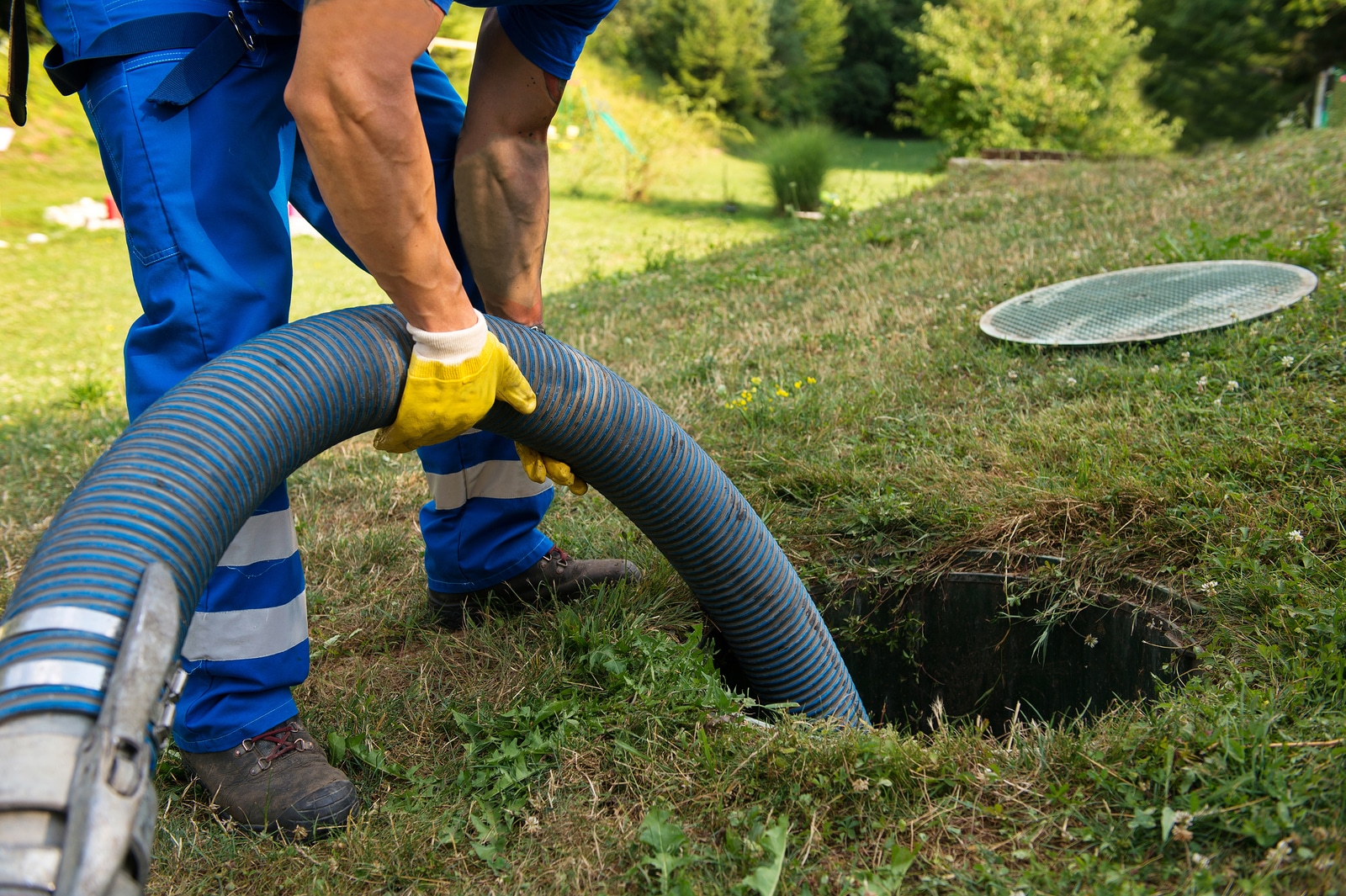
Dealing with sewage issues can be messy, inconvenient, and potentially hazardous to your health. Instead of waiting for a sewage backup or spill to occur and then having to deal with the consequences, taking proactive steps to prevent sewage issues can save you time, money, and stress. In this user-friendly guide, we will share some essential tips for proactive sewage cleaning to prevent issues before they occur.
Avoid Flushing Inappropriate Items
One of the primary causes of sewage backups is flushing inappropriate items down the toilet or drains. Items such as wipes, paper towels, feminine hygiene products, and grease can easily clog the pipes and cause sewage backups. To prevent this, only flush toilet paper and human waste down the toilet and avoid pouring grease or other greasy substances down the drains. Dispose of inappropriate items in the trash or recycling properly.
Maintain Proper Drainage
Another crucial aspect of proactive sewage cleaning is to ensure proper drainage around your home. Make sure that your gutters and downspouts are clear of debris and functioning properly to prevent water from overflowing and causing sewage issues. Also, avoid planting trees or large shrubs near your sewer lines, as their roots can infiltrate the pipes and cause blockages. Regularly inspect and maintain your drainage system to prevent potential issues.
Install Backflow Prevention Devices
Backflow prevention devices are essential in preventing sewage backups caused by sewer line blockages or surges. These devices are installed in your plumbing system and prevent sewage from flowing back into your home. They are especially important if you live in an area prone to heavy rainfall or flooding. Consult with a professional plumber to determine the appropriate type of backflow prevention device for your home and have it installed to prevent sewage issues.
Regularly Inspect Your Sewer Lines
Regular inspection of your sewer lines is a proactive measure that can help you identify potential issues before they escalate into major problems. Hire a professional plumber to conduct regular sewer line inspections using specialized equipment, such as video cameras, to detect any signs of damage, blockages, or leaks in the pipes. Early detection and timely repairs can prevent sewage backups and save you from costly repairs and health hazards.
Educate Your Household Members
Proactive sewage cleaning also involves educating your household members about proper sewage disposal practices. Teach everyone in your household to avoid flushing inappropriate items down the toilet or drains and to be mindful of what goes into the plumbing system. Make sure that everyone understands the importance of proper sewage disposal to prevent issues and protect the environment.
Have a Sewage Cleanup Plan in Place
Even with proactive measures in place, sewage issues can still occur. Therefore, it's essential to have a sewage cleanup plan in place to know how to respond effectively in case of a sewage backup or spill. This plan should include emergency contacts for professional sewage cleanup services, as well as instructions on how to safely handle sewage spills, such as wearing protective gear and properly disposing of contaminated materials. Having a plan in place can help you respond promptly and efficiently to minimize the damage and health risks associated with sewage issues.
Seek Professional Assistance
If you notice any signs of sewage issues, such as foul odors, slow drains, or gurgling sounds in your plumbing system, it's crucial to seek professional assistance promptly. Professional plumbers and sewage cleanup companies have the expertise, equipment, and safety measures to identify and resolve sewage issues effectively. Attempting to handle sewage issues on your own without proper knowledge and equipment can lead to further damage and health hazards.
In conclusion, proactive sewage cleaning involves taking preventive measures to prevent sewage issues before they occur. By avoiding flushing inappropriate items, maintaining proper drainage, installing backflow prevention devices, regularly inspecting your sewer lines, educating your household.
